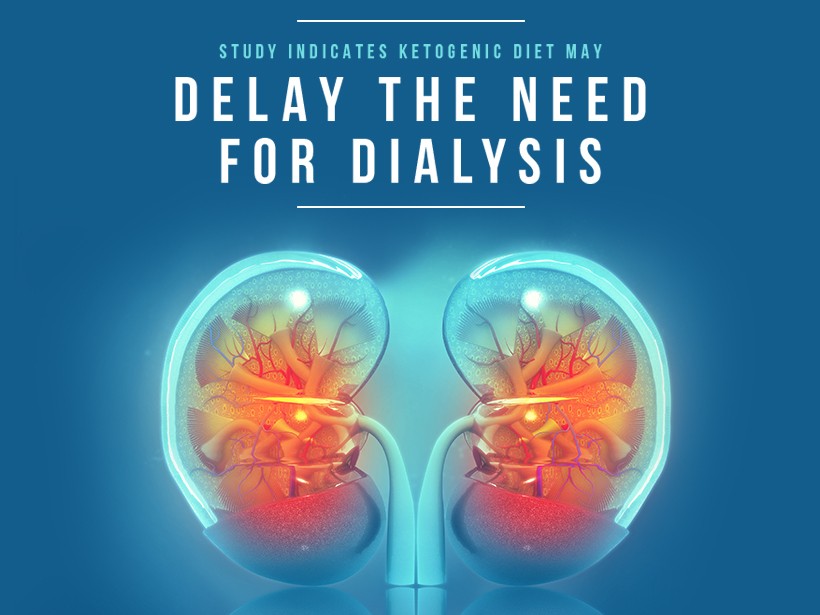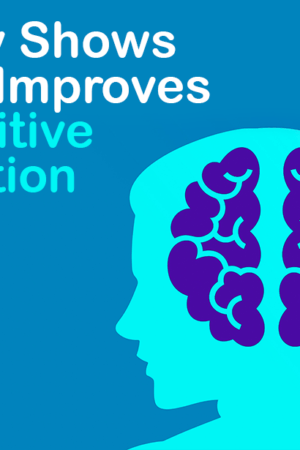The National Kidney Foundation and the Academy of Nutrition and Dietetics recently teamed up to perform a systematic review (a comprehensive review of the scientific literature on the topic) of the keto diet’s effect on dialysis patients. The study determined that low protein intake may delay the need for dialysis in patients with chronic kidney disease (CKD).1 The ketogenic diet is categorized as a low protein, high-fat diet. The implication of the ketogenic diet may be promising in patients suffering from chronic kidney disease.
Why is protein bad for patients with kidney disease?
In order to determine what stage of kidney disease a patient is in, glomerular filtration rate (GFR) is measured. This means the strength at which the kidney filters by-products out of the body and prepares the byproducts for excretion. Low levels of GFR indicate that your kidneys are not filtering waste products properly, leaving byproducts in the blood.2 Over time, these byproducts can build up, and begin to damage other organs or biological systems in the body and may eventually lead to death. Consuming too much protein leaves excess nitrogen and ammonia in the blood, which can become highly toxic, very quickly.
Patients suffering from CKD want to consume very high-quality protein to help sustain muscle function, enzyme and transporter formation, hormones, and cellular repair. If protein quality is high, this reduces the total amount of protein they would need to consume. Protein coming from animal meats is considered the highest quality protein source.
How can the ketogenic diet help?
A traditional ketogenic diet is high in fat, low in protein, and very low in carbohydrates. There are two ways in which the ketogenic diet may help patients suffering from CKD. First, too much glucose may cause glomerular lesions in patients with poor glucose control, leading to further impairment of the kidneys.3 The ketogenic diet typically maintains blood glucose from 80 – 100 mg/dL (normal levels of blood glucose), reducing the risk of causing these lesions.
Second, since the ketogenic diet is low in protein, and the nature of the diet is highly muscle sparing (high levels of ketones prevent the breakdown of bodily protein further reducing the need for protein intake), the study indicates this may be a good alternative therapeutic diet for patients suffering from CKD, and to slow the need for dialysis.
Calorie restriction may be key to avoid excess build-up of ketones that may have an effect on the kidneys. Calorie restriction leads to an increase in ketone utilization, and fewer ketones going through the kidney for filtration and excretion. Since the ketogenic diet is restrictive in nature, less filtration is needed. This reduces the strain on the kidneys and may keep the patient’s CKD status from progressing to higher stages.
NUTRITIONAL DISCLAIMER
The content on this website should not be taken as medical advice and you should ALWAYS consult with your doctor before starting any diet or exercise program. We provide nutritional data for our recipes as a courtesy to our readers. We use Total Keto Diet app software to calculate the nutrition and we remove fiber and sugar alcohols, like erythritol, from the total carbohydrate count to get to the net carb count, as they do not affect your blood glucose levels. You should independently calculate nutritional information on your own and not rely on our data. The website or content herein is not intended to cure, prevent, diagnose or treat any disease. This website shall not be liable for adverse reactions or any other outcome resulting from the use of recipes or recommendations on the Website or actions you take as a result. Any action you take is strictly at your own risk.
- World Record-Holder Reveals Key To Performance Success - May 25, 2018
- Study Indicates Ketogenic Diet May Delay the Need for Dialysis - May 22, 2018




